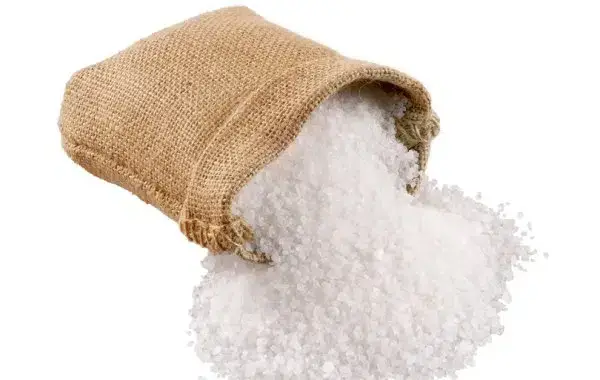
Synthetic cathinones, otherwise known as “bath salts,” are a type of substance that produces many effects and symptoms when it is ingested, smoked, or inhaled as a drug. Bath salts have strong effects compared to many other drugs and can be very addictive.
Although the substance in synthetic bath salts is chemically related to cathinone, a substance from the khat plant, it can be much more potent in synthetic form, even to the point of being dangerous. Bath salts most closely mimic the effects of cocaine, amphetamines, and MDMA, but can be 10 times more powerful, which leads to a higher overdose risk.
Mysterious Effects of Bath Salts
Synthetic bath salts are different from Epsom salts or mineral salts that people soak with in their bathtubs. Much is still not known about how bath salts impact those who use them, but there are some common symptoms and side effects to their use, including the following:
- Paranoia—feeling like others are out to get you
- Hallucinations—seeing things that are not physically there
- Increased friendliness
- Increased sex drive
- Panic attacks
- Excited delirium—extreme agitation and violent behavior
Are Bath Salts Legal?
The U.S. Drug Enforcement Administration (DEA) banned the use of three popular types of bath salts on a temporary basis in 2011, and President Obama made the ban on MDPV and mephedrone permanent along with some synthetic marijuana substitutes like Spice that also had harmful effects. Unfortunately, makers of bath salts and other synthetic drugs have learned to make slight variations on them that are different enough from the banned substances to slip past these bans.
This Season, Give Yourself the Gift of a Fresh Start.
Whether you are struggling with addiction, mental health or both, our expert team is here to guide you every step of the way. Don’t wait— reach out today to take the first step toward taking control of your life.

Why Do People Use Bath Salts?
Because they are synthetically made, bath salts are inexpensive compared to other drugs, which adds to their popularity. In some cases, drugs sold as Molly (MDMA) actually contain bath salts instead. People also use bath salts repeatedly because their bodies develop an intense craving for these drugs once they start using them. Some may also not consider the substances “real” drugs because they are synthetic and some of them have not been banned yet and are technically legal.
How Do Experts Categorize Bath Salts?
Bath salts are categorized as New Psychoactive Substances (NPS) because they are not yet regulated in many instances but are mind-altering and have no medical use. In addition, they are specifically made to mimic the effects of other illegal drugs.
When bath salts are sold, they are often labeled as “plant food,” “jewelry cleaner,” or “phone screen cleaner” to disguise what they really are. The plain white packages in which they are sold are often marked “not for human consumption” as well.
Treating Bath Salts Addiction
There are not yet any medications that help with detox or recovery from an addiction to bath salts. Treatments usually include behavior modification, motivational enhancement therapy, and other behavioral therapies targeted toward teens, who make up the biggest group that uses bath salts and related drugs. Treatment for co-occurring disorders is also part of the plan when those are present.
The Recovery Village at Palmer Lake is a Colorado drug rehab that treats all types of addictions including those to synthetic bath salts and co-occurring disorders. Contact us today to learn about treatment options.







